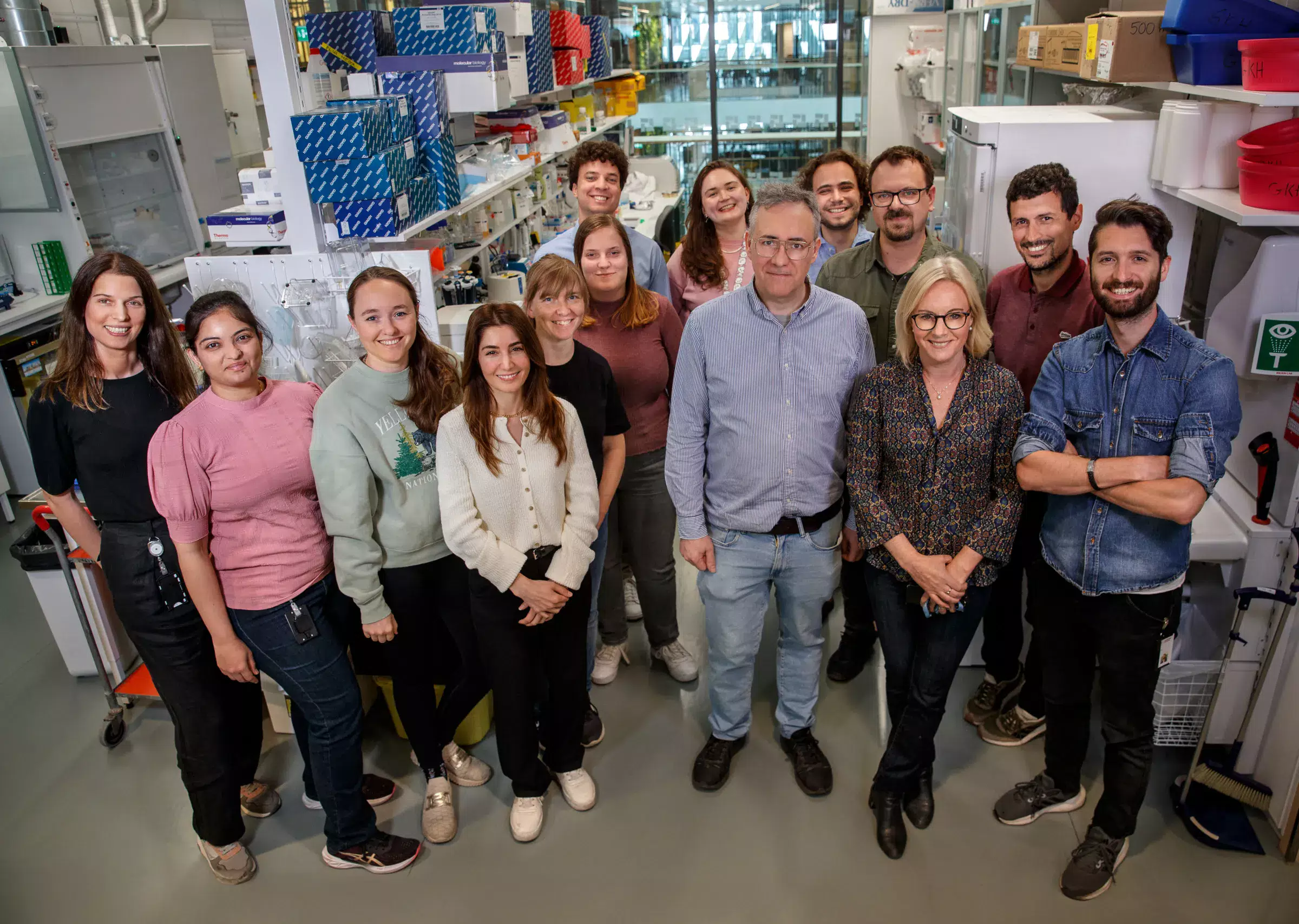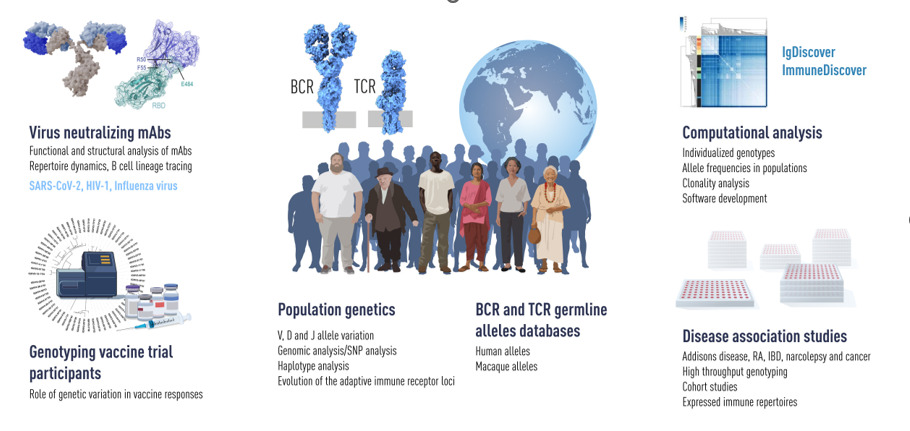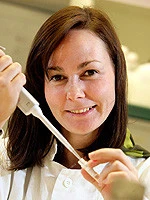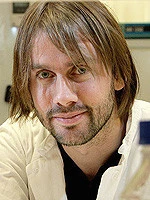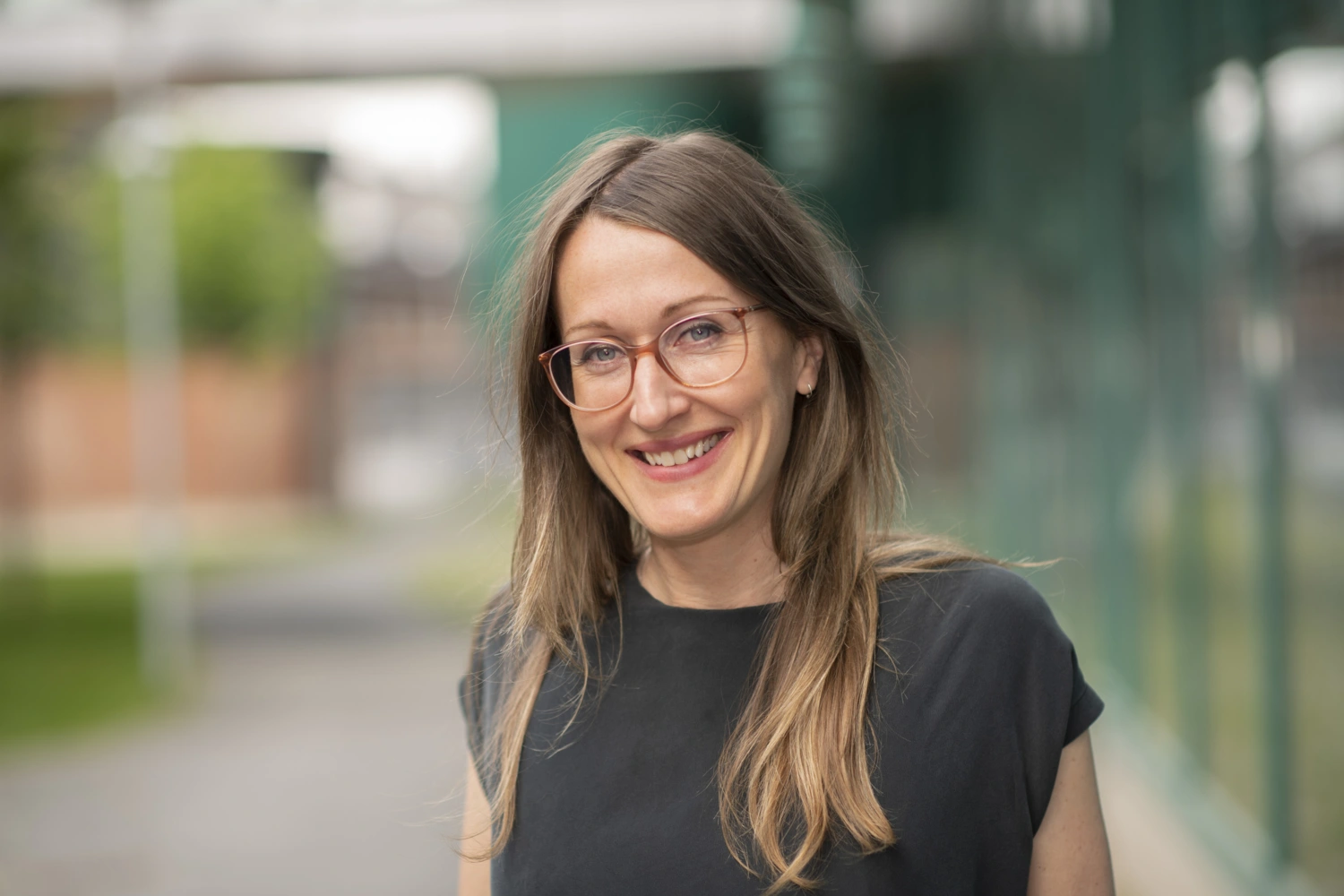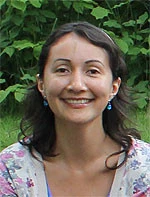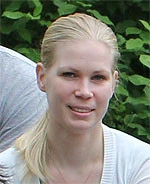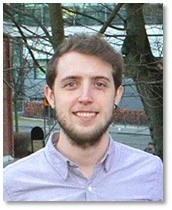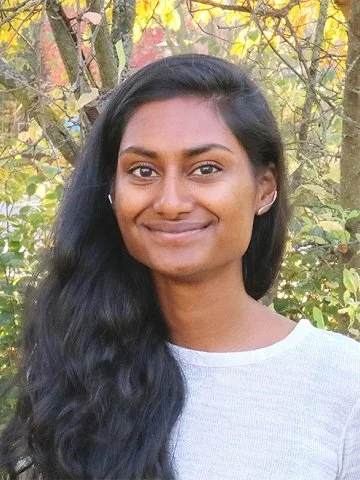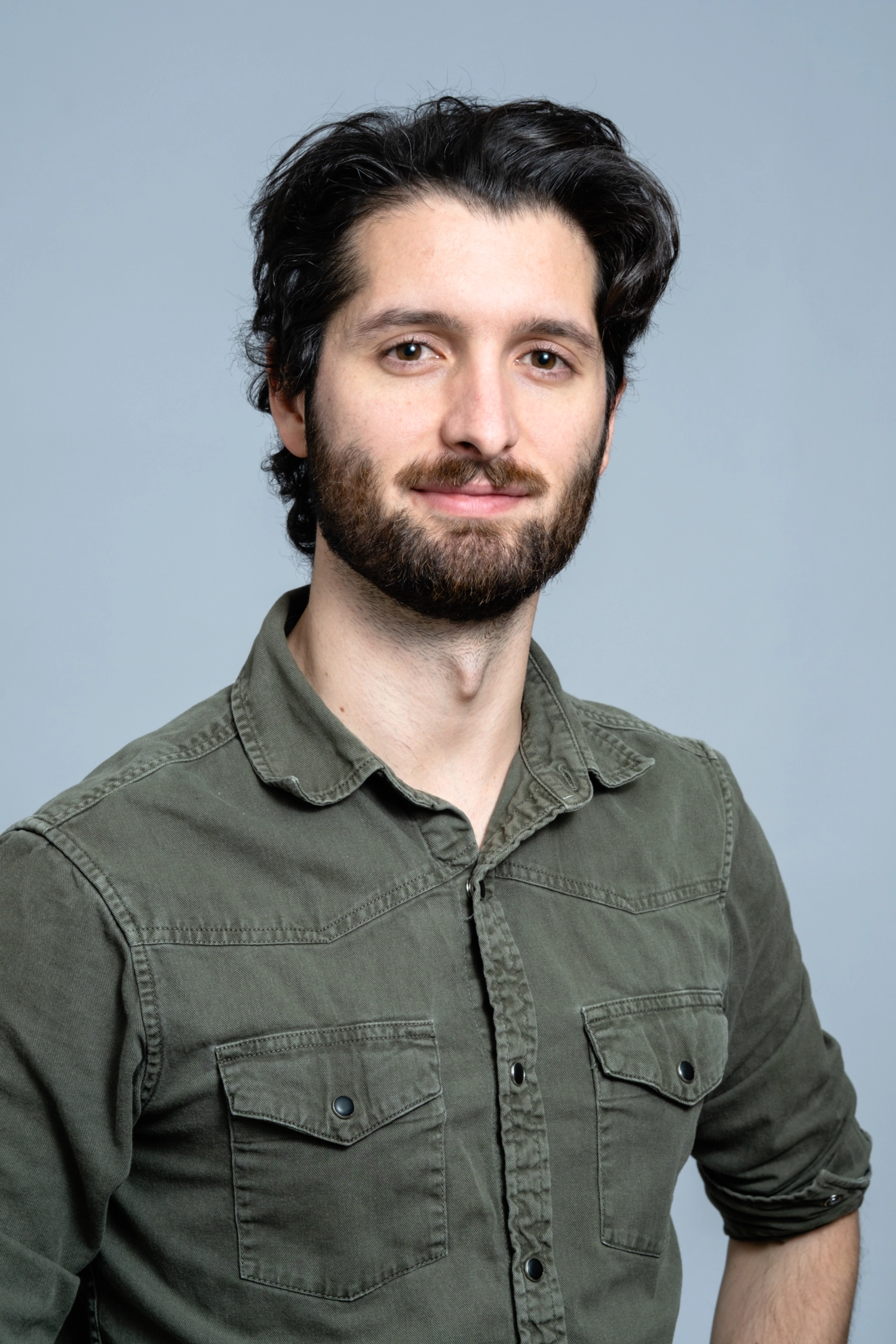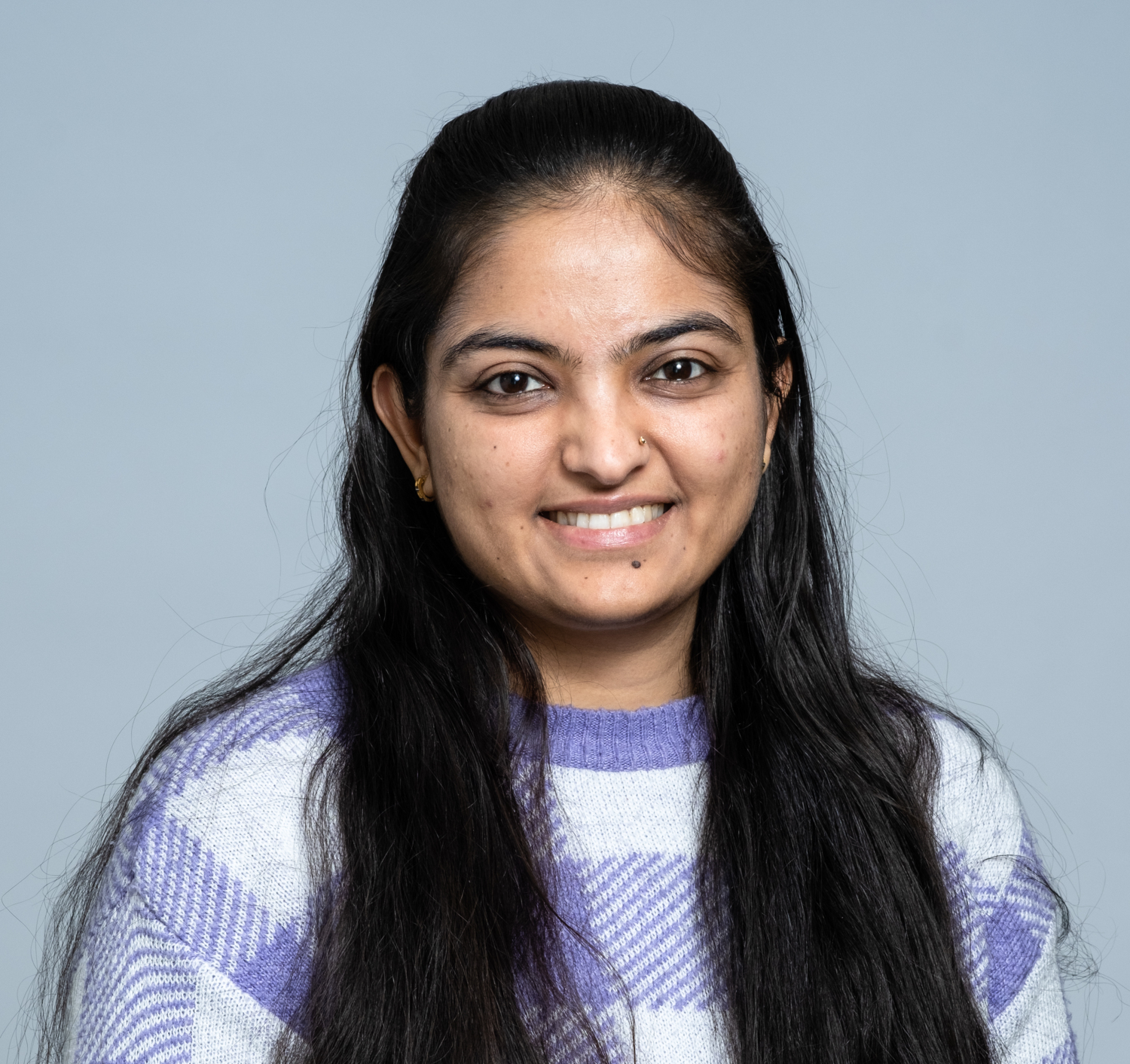Research Description
Genetic basis for B and T cell recognition and function
Our research focuses on qualitative aspects of B and T cell receptor (BCR and TCR) repertoires and their genetic basis. While many of our projects address questions related to B cell biology and antibody specificities, the techniques we have developed are suitable for studies of both BCR and TCR repertoires. For example, we have a special interest in gdT cells and how variation in the genes that encode these receptors influence biological outcomes.
BCRs and TCRs assemble through somatic rearrangements of a set of germline-encoded V, D and J genes. Because there is considerable inter-individual variation in the V, D and J genes in outbred species, we developed two techniques that allow highly precise typing of these genes. One technique, IgDiscover, uses expressed IgM repertoires for germline allele inference while the other technique, ImmuneDiscover, uses a high throughput multiplex targeted genomic PCR approach. For each method we developed specialized software for data analysis. Using these techniques and analysis tools, we have demonstrated extensive variation in germline BCR and TCR V, D and J allele content between individuals and populations.
The development of these genotyping techniques is a major technical advance that enables individualized genotyping to become a standard element of high-quality immunological studies in both humans and experimental animals. Furthermore, the high throughput technique ImmuneDiscover allows us to study adaptive immune receptor gene variation in thousands of individuals at the same time, opens new possibilities for disease association studies, diagnostics, precision medicine and vaccine design.
In several of our B cell-focused projects, we define anti-viral antibody responses at the clonal level by single-cell sorting memory B cells for sequence analysis of antibody V(D)J transcripts for isolation and characterization (functional and structural) of antigen-specific monoclonal antibodies. We also apply next generation sequencing to analyze expressed BCR repertoires to trace specific antibody lineages to understand their persistence and levels of expansion and affinity maturation in different immune compartments. The development of a high throughput method for Individualized Single Cell Analysis of Paired Expressed antigen receptors, ISCAPE-seq, has greatly accelerated the speed by which we can perform these projects, and we are routinely isolating monoclonal antibodies against a variety of target antigens.
IgDiscover
IgDiscover
The production of individualized genetic profiles of B cell receptor and T cell receptor V, D and J genes is central in many areas of research and for personalized medicine applications. While standard deep sequencing approaches do not achieve necessary coverage to profile these genes, the use of IgDiscover and related technologies, can achieve this. Recent developments of the IgDiscover pipeline include tools for high throughput genotyping and haplotype analysis. Click here to visit IgDiscover.
VDJ Databases
The latest set of macaque VDJ alleles available for download and assignments
This database incorporates IGHV, IGHJ and IGHD sequences from four subgroups of macaques, namely Indian and Chinese origin Rhesus macaques and Indonesian and Mauritian origin Cynomolgus macaques comprising 45 macaques in total.
Human TCR VDJ database
Population-based human V, D and J germline gene sequences for TRA, TRD, TRB and TRG.
Support our research
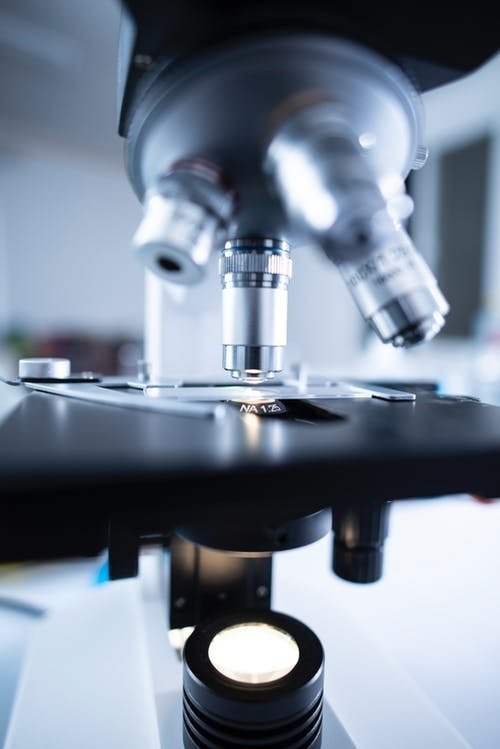 Photo: Chokniti Khongchum
Photo: Chokniti KhongchumMake a donation to our research at MTC
Your support means a lot to our success. This allows us to go further in our efforts to improve human health through research and education.
Read here how you can make a donation via Swish.

